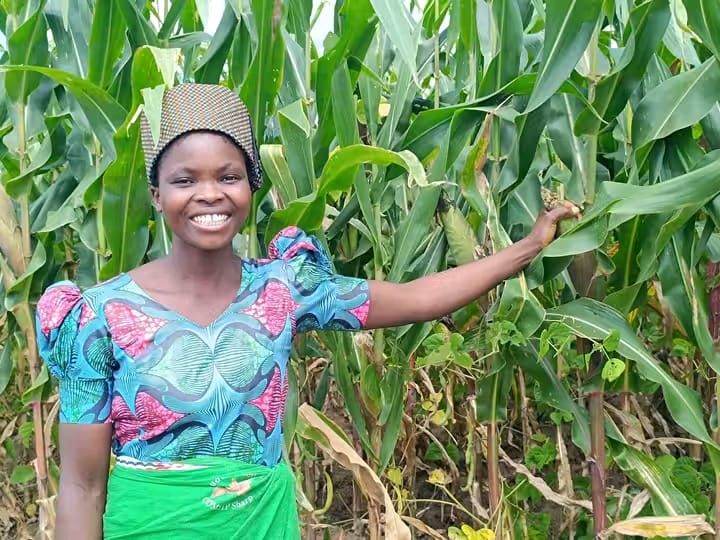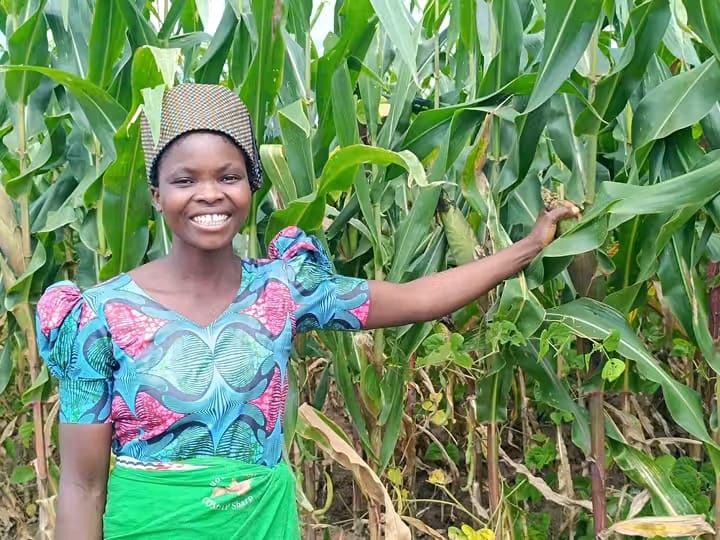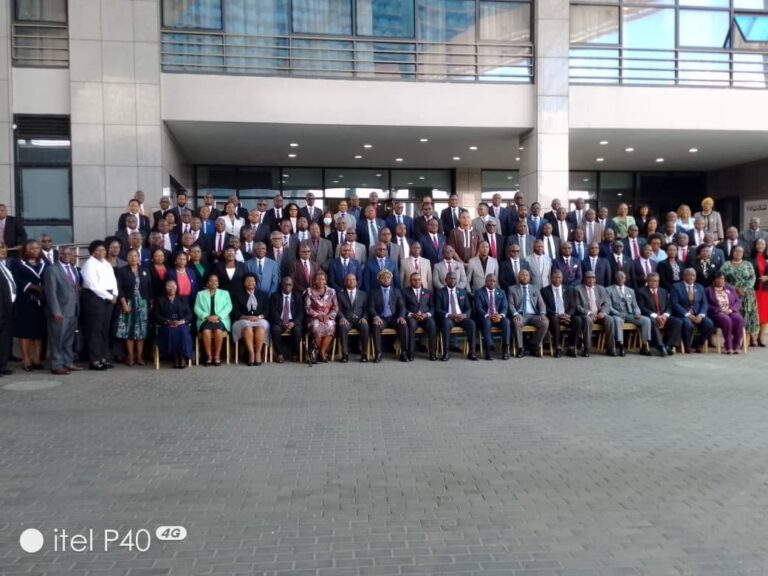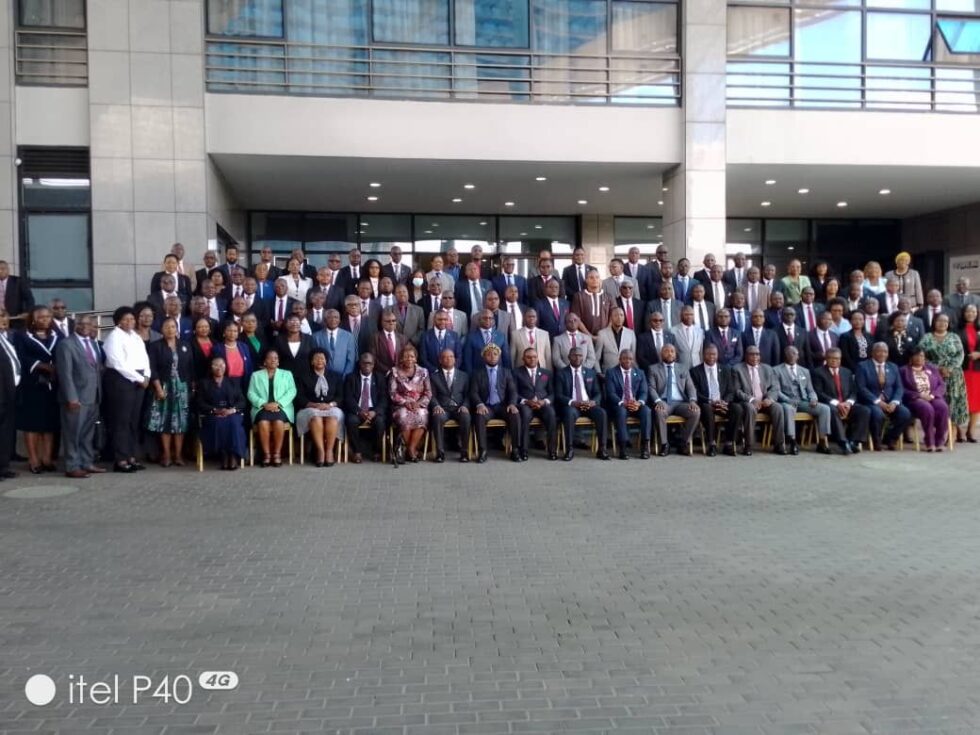By Jones Gadama
In a major boost to agricultural productivity, Comsip cooperative group members in Kasungu district are anticipating high yields this farming year, thanks to the 2025 Livelihoods and Economic Strengthening Programme (LESP). This initiative promotes sustainable farming practices, including yellow maize cultivation, permaculture, and the use of Mbeya fertilizer.
According to Christina Josiah, Comsip district coordinator, approximately 82 groups have benefited from the programme, accessing essential farming support, including training and resources.
Josiah emphasized that the groups were encouraged to adopt an eco-friendly approach, which has significantly enhanced their productivity and harvests.
Annie Dongolosi, Livelihoods Support Project overseer, noted that Comsip members have developed innovative solutions to tackle agricultural challenges, such as dry spells and fall armyworm infestations.

This resilience and adaptability are testaments to the programme’s success in empowering farmers to overcome obstacles and achieve food security.
The 2025 LESP is a comprehensive initiative designed to improve the livelihoods of smallholder farmers in Kasungu district.
By promoting sustainable agricultural practices, the programme aims to increase crop yields, enhance food security, and boost the local economy.
One of the key components of the programme is the promotion of yellow maize cultivation. Yellow maize is a high-yielding, disease-resistant crop that is well-suited to the local climate.
By providing training and support to farmers, the programme has enabled them to adopt this crop and improve their productivity.
Permaculture is another critical aspect of the programme. This approach to agriculture emphasizes the importance of working with nature to create sustainable and regenerative farming systems.
By adopting permaculture principles, farmers can reduce their reliance on chemical fertilizers and pesticides, improve soil health, and increase biodiversity.
The use of Mbeya fertilizer is also a key component of the programme. This locally produced fertilizer is made from natural ingredients and is designed to promote soil health and fertility.
By using Mbeya fertilizer, farmers can reduce their reliance on chemical fertilizers and improve the overall sustainability of their farming systems.
The success of the 2025 LESP is a testament to the power of community-led development initiatives.
By working together and supporting one another, Comsip cooperative group members have been able to achieve remarkable results and improve their livelihoods.
As the farming season progresses, Comsip cooperative group members are eagerly anticipating the harvest.
With the support of the 2025 LESP, they are confident that they will achieve high yields and improve their food security.
The 2025 Livelihoods and Economic Strengthening Programme is a groundbreaking initiative that is transforming the lives of smallholder farmers in Kasungu district.
By promoting sustainable agricultural practices, providing training and support, and empowering farmers to adopt innovative solutions, the programme is helping to achieve food security, improve livelihoods, and boost the local economy.









